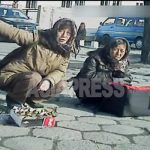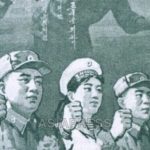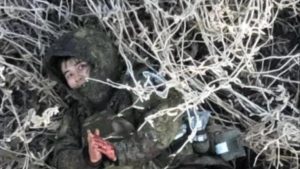◆ Cases of Policy Withdrawal
There are also signs that policies are being withdrawn when they hit practical limitations.
In September 2024, A reported:
"Trading companies, factories, and enterprises used to provide farming materials and receive food in return, and farms used this to fulfill state quotas, but this year they've blocked this practice."
As examined in previous articles, the Kim Jong-un regime has officially introduced a new grain distribution method called 'contract purchasing' in recent years. It was even specified in revised laws. This was a method where trading companies or enterprises provided farms with farming materials such as fertilizers, farm tools, and pesticides through purchase contracts and directly received part of the harvest in return, but at the end of last year, North Korean authorities discontinued this purchasing method.
A explained the reason:
"This year, there was a lot of flood damage, and production at farms decreased, so food that should go to the state is in short shortage. The policy is to secure the state's share first, and then proceed with processing inter-enterprise transactions afterward."
As reported by many media outlets, there was serious crop damage due to floods in North Pyongan Province and Jagang Province in 2024. In this situation of decreased food production, authorities appear to have blocked the contract purchasing method to first secure the 'state's share' for priority distribution targets such as the military, Pyongyang residents, and key industry workers. It's unclear whether this is a temporary measure.
North Korea's introduction of new agricultural policies is faltering in the field, caught between the practical obstacle of food shortages and the strengthening of controls to maintain the regime. Ultimately, the burden of this confusion falls on the farmers.
In the next article, which will be the last in this series, we'll examine the impact of the new policies on farmers' lives and farmers' thoughts about them. (To 10 >>)
※ ASIAPRESS communicates with its reporting partners through Chinese cell phones smuggled into North Korea.
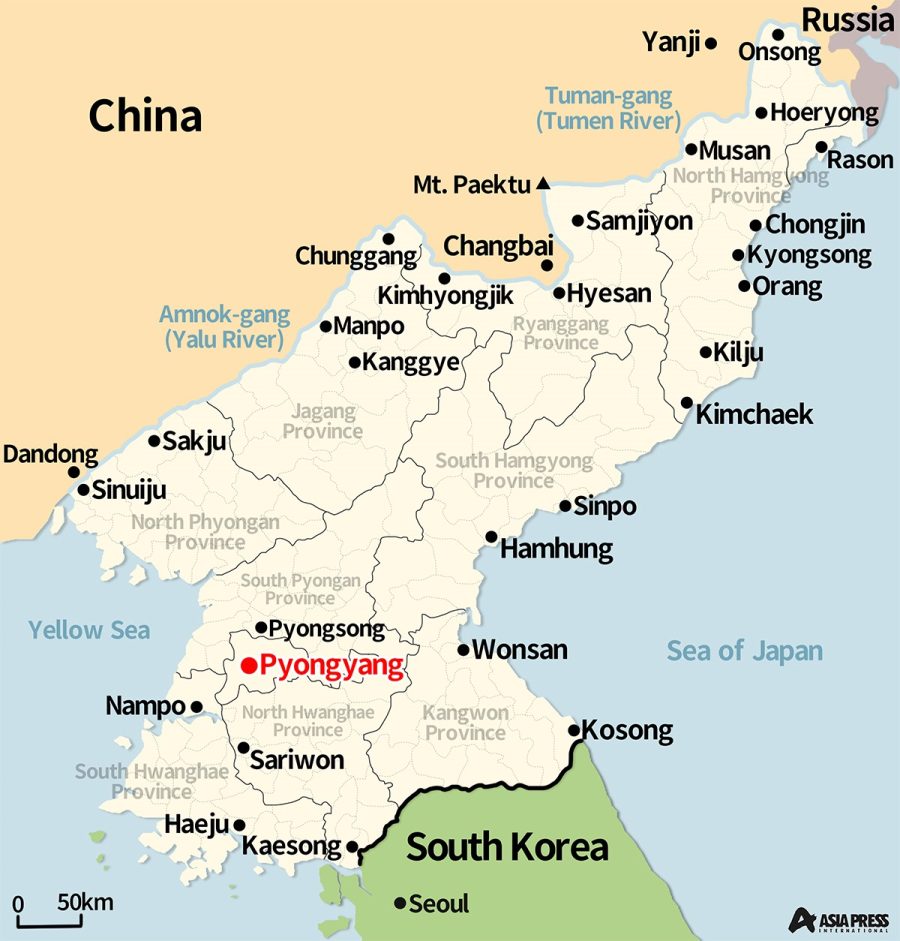
<North Korea Special> What is the Reality of Kim Jong-un's Agricultural Policy Reform? (9) Farmers Only Allowed to Sell to 'Grain Sales Store' - Is the State Monopoly on Food Distribution Taking Hold?
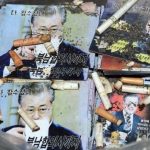
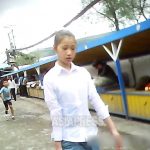
![<PHOTO REPORT>Sino - N.Korea Border: [PART3]Tensions High In The Border City As A Special Team is Dispatched For Crackdowns](https://www.asiapress.org/rimjin-gang/wp-content/uploads/2018/07/20140420_r_asiapress04X450-150x150.jpg)

